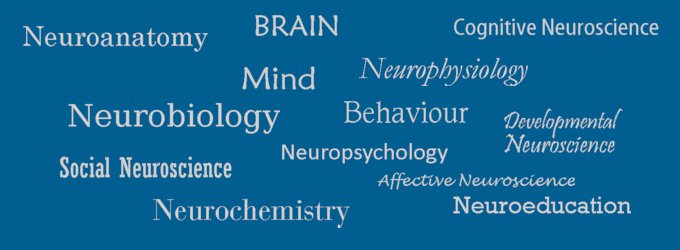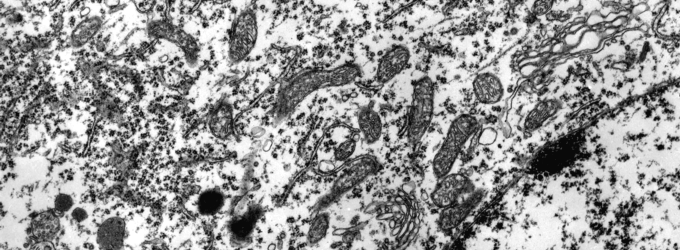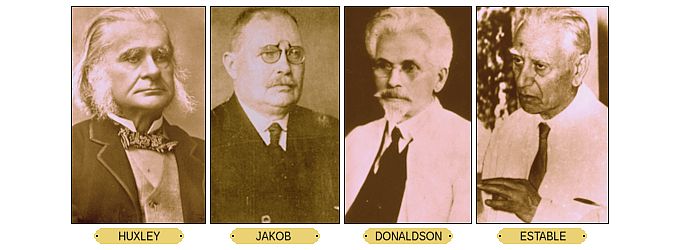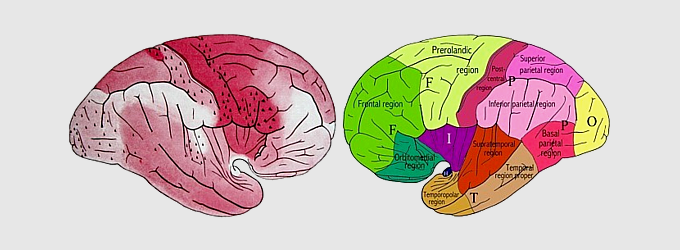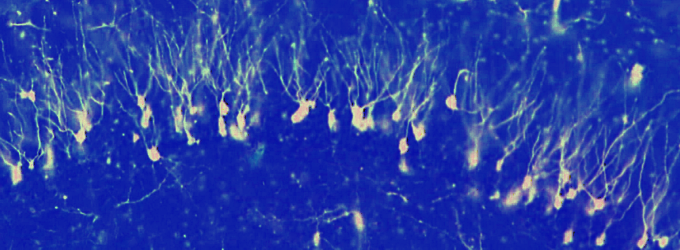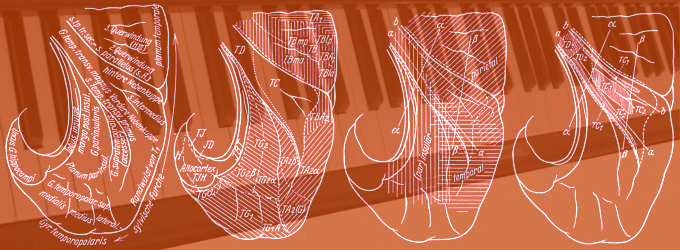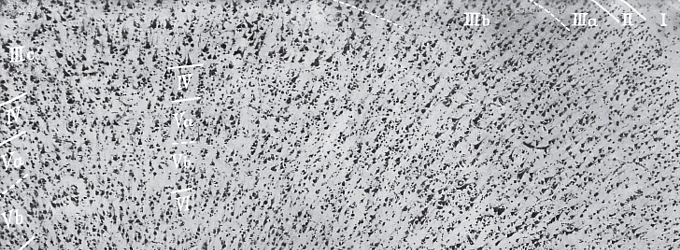CURRICULUM
OVERVIEW AND PROGRAM OBJECTIVES
Neuroscience is a field of study with dynamic growth. A description of what Neuroscience is can be found at the official site of the Society for Neuroscience. Remarkable capabilities, from vision and audition to language communication, depend on the workings of the brain. We explore how such capabilities evolved and how they mature and become organized to perform complex behaviors. Advances in the biological, cognitive and behavioral sciences have fundamentally altered the way we approach the study of our mental apparatus. The Neurosciences are profoundly influencing the scientific study of perception, thought, learning and memory. Major developments in the analysis of cognition provide us with new opportunities for understanding the neural underpinnings of the mind.
This interdisciplinary program at the UoM School of Social Sciences, Humanities and Arts is administered through the Department of Educational and Social Policy. The primary emphasis is on understanding the neurobiological foundations of behavior and cognition, with special reference to education; the curriculum ranges broadly over diverse areas of neuroscience, using levels of analysis from molecules and cells to the integrative action of the nervous system. There is substantial collaboration and interaction among core faculty members from a variety of departments from several institutions, including Anatomy, Biomedicine, Cognitive Science, Education, Linguistics, Neuroscience, Philosophy, Physiology, and Psychobiology. Faculty members are selected on the basis of their research merit and teaching experience.
The Program was established through Resolution 107420/B7 of the Ministry of Education (Government Gazette, vol. 1951, no. 2, pp. 24456–24458, 18 July 2014). Applications from candidates with a bachelor’s degree in related fields from domestic or foreign institutions are acceptable. A maximum of twenty (20) graduate students will be selected per year. The program grants a Master of Science degree in Neuroscience and Education from the University of Macedonia.
COURSE OUTLINE
A total of 120 ECTS credit units, including a thesis, is required for the M.Sc. in Neuroscience and Education. Course work should be completed in four semesters. All students also required to pass successfully written or oral examinations of all courses by the end of each semester, and to successfully write and defend a thesis before the advisory committee in a public research seminar.
First Year
Fall Semester
- Fundamentals of Neurobiology and Neuroanatomy
Cellular structure and ultrastructure of central nervous system in normal and experimental situations. Cells of the nervous system. Cell biology of neurons. Cell biology of astroglia, oligodendroglia, macrophages and mast cells. Brain vessels and blood-brain barriers. Organization of neural systems: global circuits. Organization of neural systems: point-to-point circuits. Generative and regressive events. Neurogenesis, morphogenesis, epigenesis. Phenotypic and synaptic plasticity. CNS regeneration; intracerebral grafting in neurodegenerative conditions. The cellular basis of behavior; mind from neurons.
- Probing the Brain: Methods in Neuroscience
Principles of Biostatistics. Statistical analysis and experimental design. Neuroanatomical and neurohistological methods. Neurophysiological methods. Neurochemical and neuropharmacological methods. Experimental methods in behavior. Clinical neuropsychological assessment. Neuroimaging: observing the living brain.
- Mind, Brain and Education
Mind, brain and education: the art of changing the brain. Historical sketch of the mind, brain and education convergence. Methods. Neurobiology of education. Cognitive psychology and education. Genetics and education. Philosophy and education. Pseudoscientific fallacies. Mind-body link; nutrition, exercise and sleep. New techniques. Universal design for learning; meeting the challenge of individual differences. Policy implications.
Spring Semester
- Functional Integration: Neurochemistry and Neurophysiology
Electrical signaling and neural conduction. Resting membrane and action potential. Electrical (gap junctions) and chemical synapses. Principles of direct synaptic transmission. Indirect mechanisms of synaptic transmission. Neurotransmitter and receptor systems. Integration of neural signals. Diseases of chemical neurotransmission. Axonal transport and the neuronal cytoskeleton. Physiological properties and functions of neuroglial cells. Functional architecture of the cerebral cortex. Circulation and energy metabolism.
- Behavioral, Cognitive and Clinical Neuroscience: The Biology of Mind
A brief history of cognitive neuroscience. Biopsychology as a neuroscience; the neural basis of cognition. Methods of cognitive neuroscience. Sensation and the sensorimotor system. Perception and encoding; higher perceptual functions. Selective attention and orienting. Learning, memory and amnesia. Language and the brain. The control of action. Executive functions and frontal lobes. Literacy and numeracy. Neural models and cognitive brain theory. The problem of consciousness. The visual system, from eye to brain. Auditory, vestibular, chemical and bodily senses. Movement and motor control. Modulation of movement by the basal ganglia and cerebellum. Thirst and hunger; homeostasis. Motivation, reward circuits and drug addiction. Hormones, sex and reproductive behavior. Circadian rhythms, sleep, dreaming, and wakefulness.
- Neurobiological Foundations of Special Education
Nervous, affective, and behavioral disorders. Neurodevelopmental syndromes in special education. Chromosomal, molecular genetic and neuropathological aberrations. Down, Turner, Angelman, Prader-Willi, Williams-Beuren, Smith-Magenis, fragile X, de Lange syndromes. Learning disabilities and psychopathologies explored from a genetic and an environmental perspective. Dyslexia. Dyscalculia. Attention deficit hyperactivity disorder. Autism. Intellectual disabilities. Multiple disabilities. Vision loss. Hearing loss. Movement disorders. Language disorders. Giftedness and talent.
Second Year
Fall Semester
- Developmental, Social and Affective Neuroscience
Sociobiology and the genetics-nurture debate. Genes and behavior. Basic principles explored in relation to phenotypes. Mutations affecting neuron structure and behavior. Anatomical, developmental and evolutionary aspects of the social and emotional brain. Historical and ethical issues. Lectures and seminars are delivered by experts in the field of behavioral genetics, and there is an opportunity for students to visit a molecular genetics laboratory. Social cognition. Brain mechanisms of emotion, aggression and stress. Regulatory and neuroendocrine systems and homeostasis; autonomic and hypothalamic physiology. The neural bases of social connection and rejection. Neural underpinnings of stress-related physiological responses (from brain to body). Psychoneuroimmunology: effects of immune system activity on neural responses (from body to brain). Child abuse and neglect: neurobiological aspects and intervention. Disorders of social and emotional development.
- Brain Plasticity and Lifelong Learning
Lifespan development of brain and behavior. Denervation and regeneration of synaptic connections. Neural plasticity: synaptic, connectional and behavioral. Neocortical ontogeny and developmental plasticity. Molecular mechanisms of learning and memory. Early learning. Second language learning; bilingual brains. Music and the brain. Aging, the remodeling of neuronal circuitry and illness. Plasticity in the visual system. Cortical plasticity and language compensation. Cerebral lateralization and specialization. Epilepsy, the split brain, and hemispherectomy.
- The Expanding Brain: Neuroscience Beyond Biomedicine
Philosophical issues in Neuroscience; the mind-body problem. Neurophilosophy: toward a unified science of mind-brain. Philosophy of mind. Bioethics. Neuroethics. Neuroaesthetics. Neuromusicology. Neuroscience and creativity. Thinking and problem-solving. Neuroeconomics. Neuromarketing.
Spring Semester
- Special Topics in Brain Research
This course comprises a Journal Club with recent papers and specific topic updates from the neuroscience literature and some key lectures by select faculty on their active ongoing research.
- Master’s Thesis
The thesis must have some originality, either in theoretical constructs or experimental data. It is supervised by three faculty members and corresponds in terms of workload to two regular courses. The topics will be selected by the students in coordination with their advisers.
To download the Official Bulletin of the Graduate Program in Neuroscience and Education press here.



